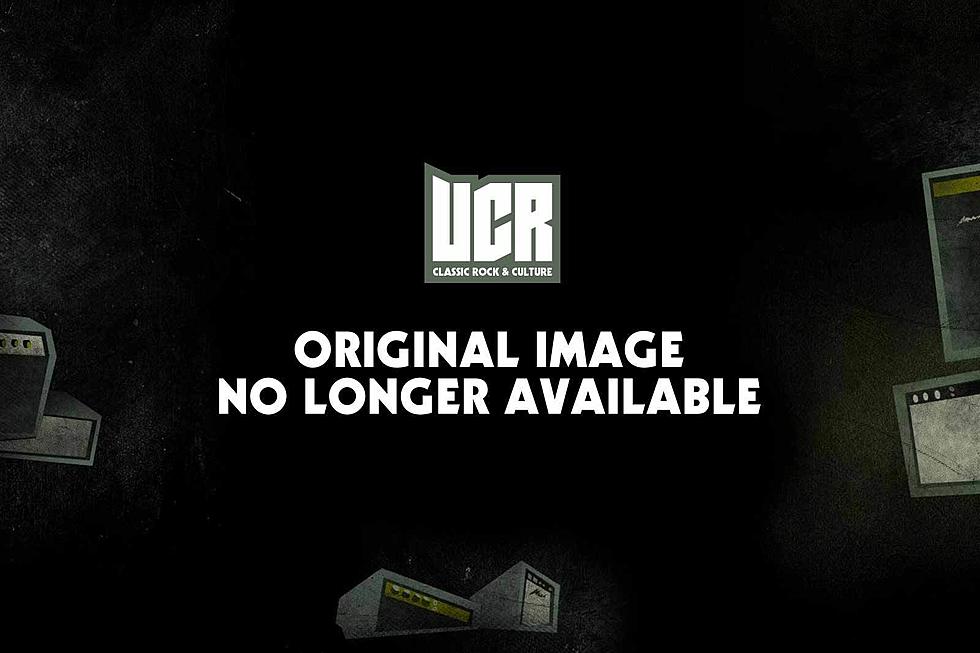
‘The Blues Brothers’ at 40: A Briefcase Full of Wild Movie Facts
As wild and sprawling as The Blues Brothers is, the story of the creation of the movie might be even crazier.
Released on June 20, 1980 and featuring the first big-screen appearance of characters from Saturday Night Live, The Blues Brothers was the culmination of Dan Aykroyd's life-long quest to bring soul, blues and R&B music back to the forefront of popular culture.
When Aykroyd first met John Belushi in 1973, he was stunned to learn that the Chicago native didn't have much love for the blues. As their friendship deepened, so did Belushi's understanding of and passion for the music. Eventually the duo would form their own band and push past SNL boss Lorne Michael's resistance to perform non-comedic musical numbers on the popular sketch show.
An invitation to open for Steve Martin at a series of shows at Los Angeles' Universal Amphitheatre led them to recruit a powerhouse band of soul and R&B veterans and tape the live Briefcase Full of Blues album. The surprising success of that record, combined with Belushi's star-making turn as Bluto in Animal House, immediately had checkbook-waving Hollywood executives scrambling for a Blues Brothers movie.
Belushi and Aykroyd pushed the envelope of their newfound power in every way imaginable, penning what director John Landis labeled an initially "unfilmable" epic musical slash road movie script filled with car crashes, flying Nazis, invading armies and key roles for some of the biggest names in music history.
The sheer daunting scope of what they were attempting, along with Belushi's struggles with fame and substance abuse, caused the production to go way over budget. An industry backlash, partially fueled by racist concerns, cropped up before the movie was even released, and bad reviews threatened to leave The Blues Brothers dead in the water. And yet somehow, Belushi and Aykroyd's labor of love overcame all of these obstacles to become one of the year's biggest movies, and go on to be acknowledged as a cultural touchstone. Here's how it all went down.
More From WPDH-WPDA







